The Syrian regime has officialy fallen, with the events of recent days marking a dramatic turn in the Middle East conflict. According to security analyst Laszlo Sarkany, the pace of events has taken everyone by surprise.
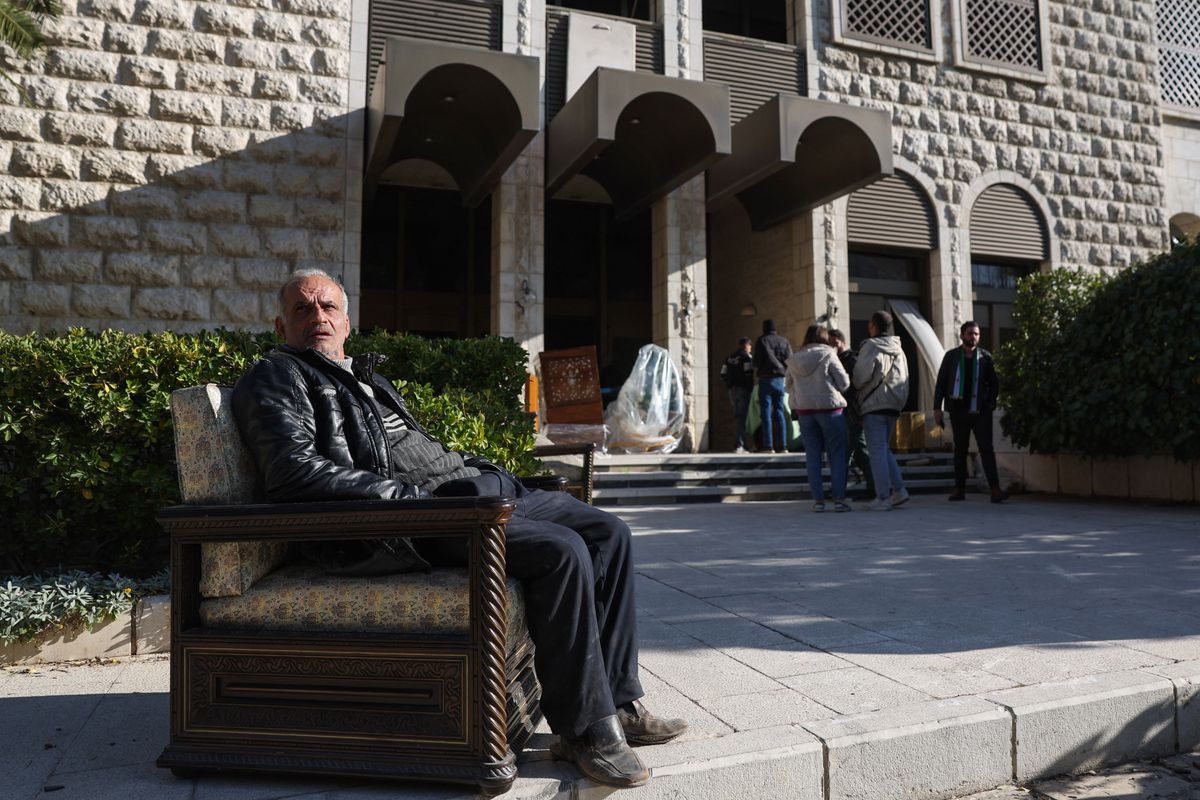
The collapse - while not entirely unexpected - happened more swiftly than we could have thought just days ago. It’s the result of the combined impact of regional and global factors,
– Mr. Sarkany said. In recent weeks, nearly every actor in the Syrian conflict has faced new challenges arising from the evolving situation. Radical groups like Hayat Tahrir al-Sham (HTS) and the Syrian National Army (SNA) have recognized that the attention of Hezbollah, Russia, and Iran are increasingly stretched thin. Lebanon’s Hezbollah has suffered significant losses in its war against Israel, while Russia’s focus remains tied to its operations in Ukraine. Meanwhile, Iran must stand its ground on multiple fronts, from Syria to Yemen’s Houthis, all under the looming prospect of heightened U.S. engagement.
The signs of the Syrian regime’s weakening were also evident internally.
Iran, one of Syria’s key allies, has had to divide its attention, and even among forces loyal to the Syrian government, some may have begaun negotiating with the opposition,
– the expert added. Syrian Prime Minister Mohammed Ghazi al-Jalali stated that the government is willing to cooperate with any leadership chosen by the Syrian people. This declaration could signal a potential shift, further underscored by agreements made with jihadist groups.
The Israeli military has solidified its positions on the Syrian side of Mount Hermon to prevent advanced-technology weapons from reaching jihadist groups.
Israel’s stance has always been to avoid direct conflict with Syria where possible, while ensuring that advanced weapons do not proliferate,
– Mr. Sarkany said. Israeli airstrikes have intensified in recent months, targeting Hezbollah and Iranian interests in particular. The situation presents new challenges not only regionally but globally as well. The Russian Foreign Ministry issued a statement urging the United Nations to initiate negotiations among Syrian parties.
Russia’s current situation, burdened by Ukraine and the country's economic woes, limits its ability to act in the Middle East,
– the analyst observed.. The United States is expected to take a more active role in the region following the inauguration of its new president. The crisis in Syria is entering a new chapter, teetering between consolidation and chaos. In this shifting landscape, all actors must craft new strategies, while the fate of the Syrian people remains uncertain.
Cover photo: Syrians celebrate victory in Damascus’ Umayyad Square on December 8, 2024 (Photo: AFP)

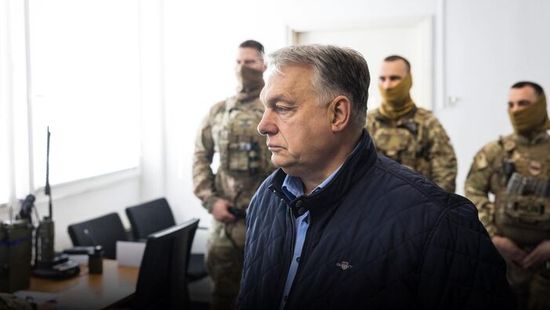
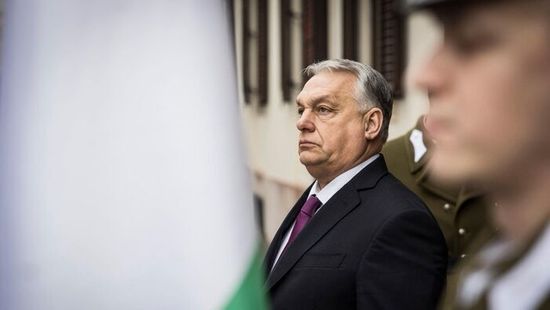
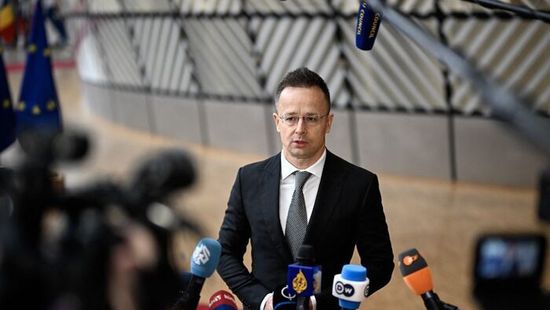




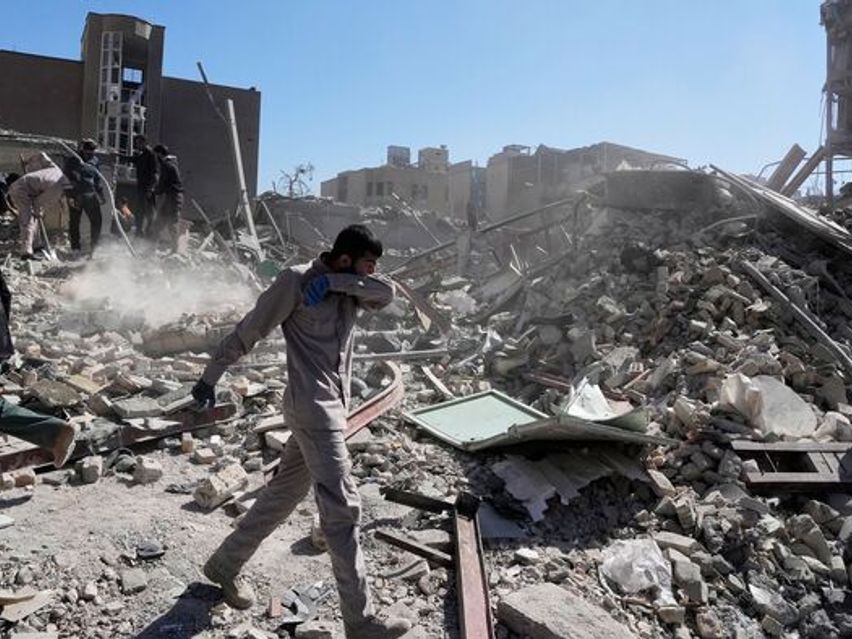


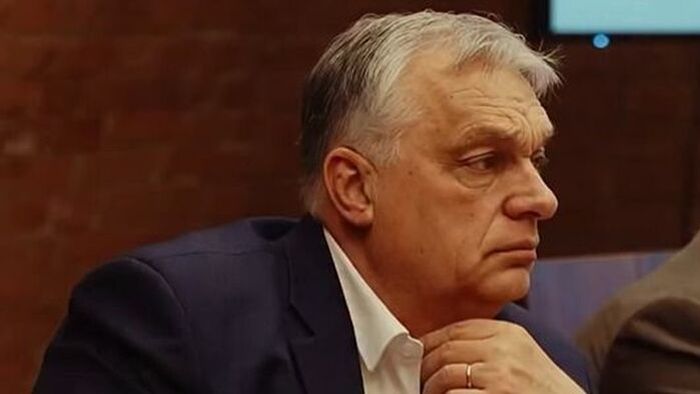



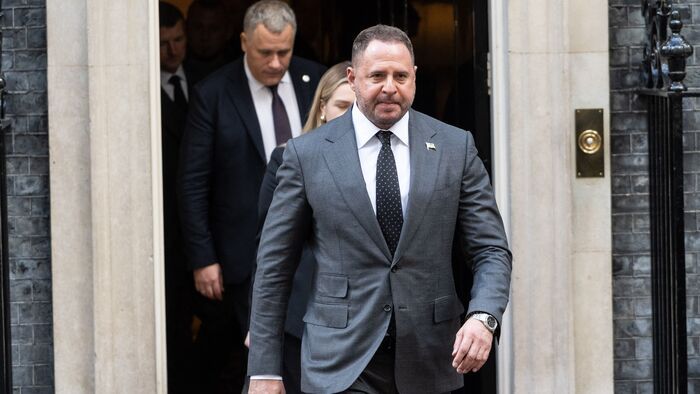
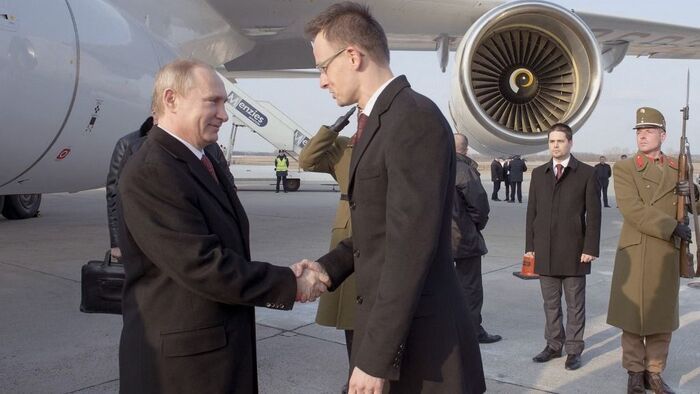
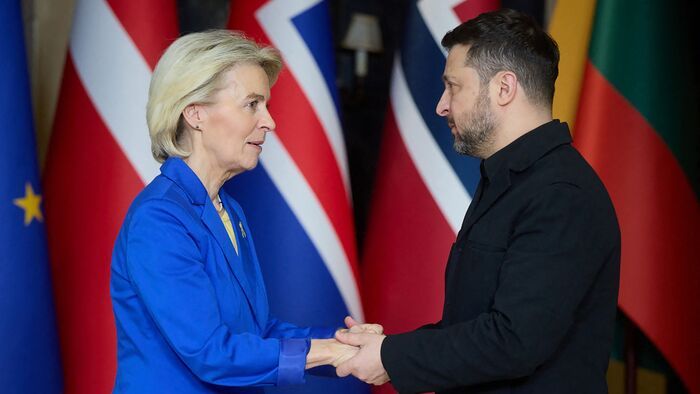

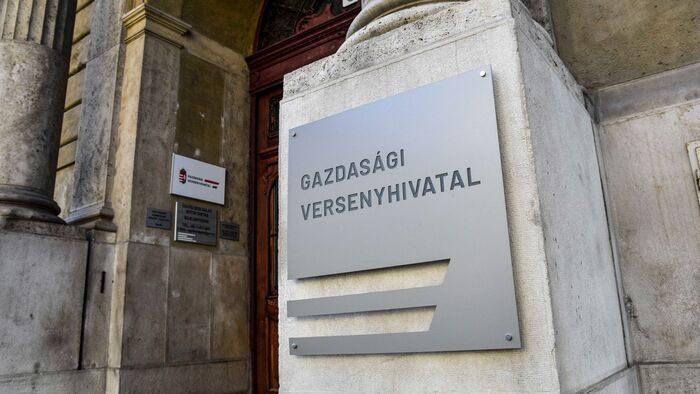



Szóljon hozzá!
Jelenleg csak a hozzászólások egy kis részét látja. Hozzászóláshoz és a további kommentek megtekintéséhez lépjen be, vagy regisztráljon!